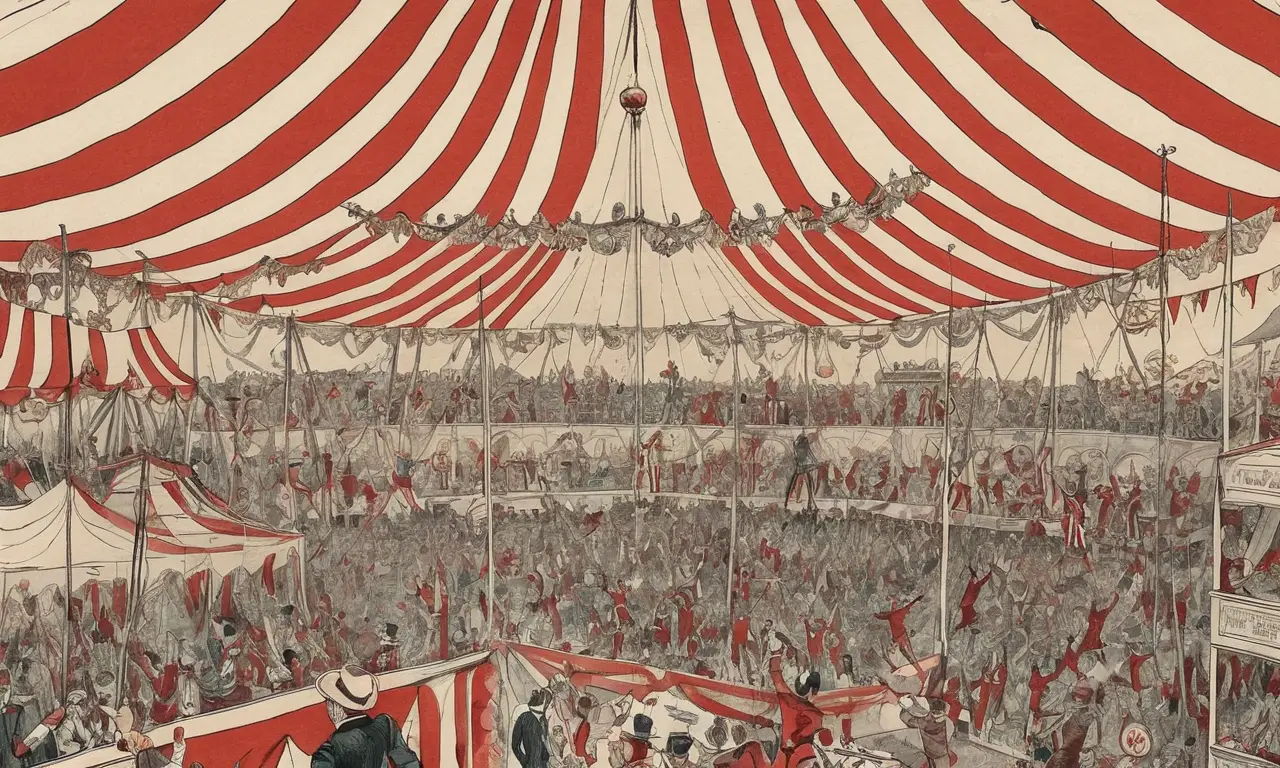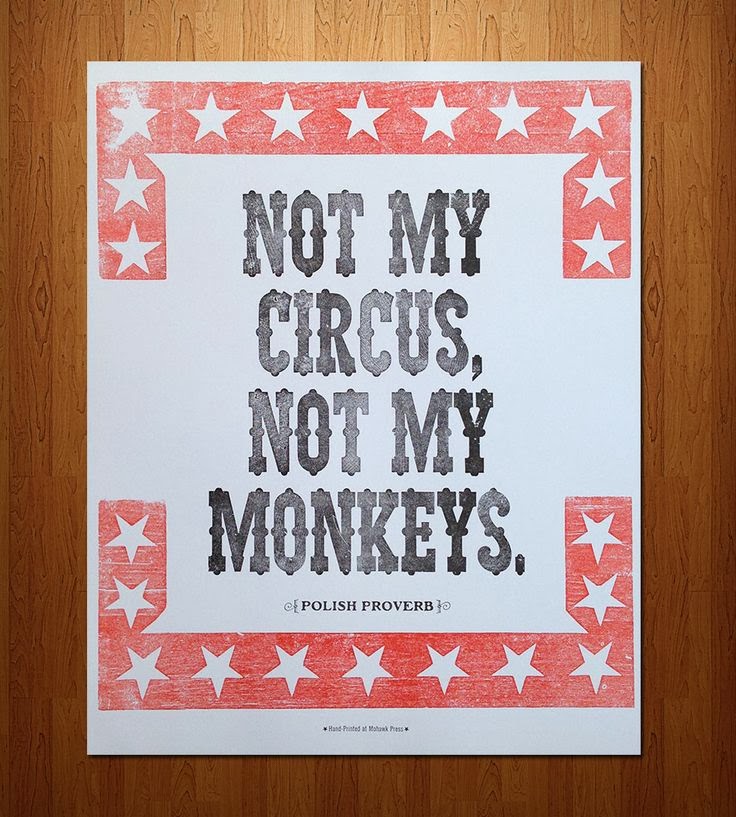In today’s fast-paced world, we are constantly bombarded with information and situations vying for our attention. It can be overwhelming to try and engage with everything that comes our way. This is where the phrase “not my circus, not my monkeys” comes in handy. It provides a concise and humorous way to express disinterest or detachment from matters that don’t directly concern us.
This article will delve into the meaning of this popular idiom, explore its origins and history, examine its cultural universality, and discuss how it reflects our need for personal boundaries and the importance of selective engagement.
Meaning of “Not My Circus, Not My Monkeys”
The phrase “not my circus, not my monkeys” is a succinct way to communicate that you are not responsible for or interested in dealing with a particular situation. It implies a sense of detachment and unwillingness to get involved in something that doesn’t fall under your purview.
Imagine a bustling circus filled with performers, animals, and spectators. The phrase suggests that the speaker is simply an observer, content to watch from a distance without participating in the chaos. They recognize that the circus belongs to someone else, and they have no desire to take on the responsibility of managing its affairs.
Origin and History

While the exact origins of “not my circus, not my monkeys” are unclear, it is believed to have emerged in English-speaking cultures sometime in the late 20th century. Its popularity likely stems from its simplicity, humor, and relatable message. The phrase captures a universal human experience: the desire to avoid unnecessary stress and responsibility.
The imagery of a circus and monkeys evokes a sense of chaos and absurdity, which adds to the humorous effect. It’s a lighthearted way to express a serious sentiment – the need to prioritize our own well-being and focus on matters that truly matter to us.
Cultural Universality
Interestingly, the sentiment expressed by “not my circus, not my monkeys” transcends cultural boundaries. Many languages have their own equivalent phrases that convey a similar meaning. For example, in Polish, the phrase is “Nie mój cyrk, nie moje małpki,” which directly translates to “Not my circus, not my monkeys.”
This linguistic parallel highlights the universality of this concept – the human need for personal boundaries and the desire to avoid unnecessary entanglement in others’ affairs. It suggests that regardless of cultural differences, people share a common understanding of when it is appropriate to step back and disengage.
Personal Boundaries

“Not my circus, not my monkeys” serves as a powerful reminder of the importance of setting personal boundaries. It encourages us to be mindful of our time, energy, and emotional resources. By refusing to engage with situations that don’t directly concern us, we can protect ourselves from unnecessary stress and maintain a sense of balance in our lives.
Establishing clear boundaries allows us to focus on what truly matters – our own goals, relationships, and well-being. It empowers us to say “no” to requests or demands that drain our energy or compromise our values.
Refusal to Engage
The phrase “not my circus, not my monkeys” also reflects a conscious decision to refuse engagement with certain situations. It acknowledges that we cannot solve every problem or fix every issue. Sometimes, the best course of action is to step back and allow others to handle their own affairs.
This doesn’t necessarily mean being indifferent or uncaring; it simply means recognizing our limitations and prioritizing our own well-being. By refusing to engage in situations beyond our control, we can avoid burnout and maintain a sense of perspective.
Conclusion
“Not my circus, not my monkeys” is more than just a catchy phrase; it encapsulates a valuable philosophy for navigating the complexities of modern life. It reminds us to set boundaries, prioritize our well-being, and selectively engage with situations that truly matter. By embracing this mindset, we can create space for what’s important and avoid getting bogged down in unnecessary drama.



